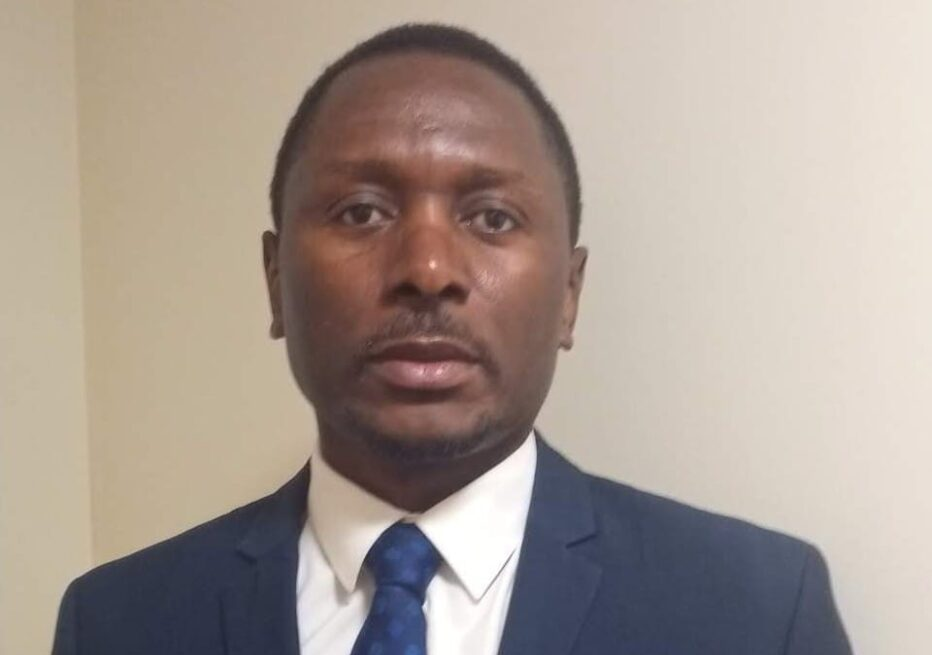The TDA Lease Expired in 2020 – Full Stop
Following Mr Essa Mbye Faal’s appearance on “Coffee Time with Peter Gomez” today (Monday
28 July 2025), SFLRAC reiterates that the fundamental legal realities surrounding his land
allocation remain unchanged, regardless of his explanations or justifications.
Many Gambians may not realise –and Faal certainly should–that the state never owned the
Tourism Development Area (TDA). The state held a 50-year lease agreement that the elders of
Kombo North and Kombo South entered with Jawara’s government in 1970, documented as
Lease P18/1970, which expired in 2020. These elders acted as representatives–the landowning
clans gave them permission to enter a lease with the state. The clans who owned the land still
own those lands.
That lease has expired. As we documented in numerous opinion pieces, our investigations
revealed that the Registrar General could not produce the original master lease and stated this
to the Janneh Commission as such in 2019. Unless the government presents a signed, valid lease
extension–one that the rightful landowners consented to–it lacks lawful authority over the area
today.
Even during the lease’s life, the state’s power to sublease faced constraints. Subleases cannot
ordinarily extend beyond the original lease. Legal principle dictates: you cannot give what you
do not have. So, if the government subleased land to any investor whilst its own lease expired in
2020–that sublease becomes null beyond the expiration date.
The implication stands clear: any allocation granted after 2020–or which purports to extend
beyond 2020–lacks legal basis unless a new lease from the landowners exists.
The 99-Year Extension That Never Was
SFLRAC has consistently raised the critical question: where is the evidence of the alleged 99-year
lease extension? The state claims to have extended the original 50-year lease, but this extension
allegedly occurred without the knowledge, consent, or compensation of the landowning clans.
More importantly, the burden of proof lies with the state and Faal to demonstrate this
extension’s validity. The GT Board’s inability to produce foundational documents when the lease
expired raises serious doubts about any claimed extensions.
Administrative Compliance Cannot Cure Legal Nullity
In his interview, Faal emphasised his payment of deposits to the GT Board and his reliance on
state processes. However, procedural compliance within a legally void system cannot
create valid rights. The GT Board held entirely derivative rights: it only possessed what the state leased from landowners, and that too only until 2020. Basic lease law dictates that subleases must exist within
the confines of the parent lease. Acting otherwise means acting ultra vires–outside legal
authority.
Whether Mr Faal’s allocation ran for any duration–it became invalid the moment the state’s lease
expired unless a new agreement with the customary owners exists.
Mr Faal’s Professional Duty
Mr Faal, as a trained lawyer and former TRRC counsel, should be acutely aware of lease law
fundamentals, especially concerning expired agreements over customary lands. His assertion of
due diligence cannot be complete if it relies solely on state processes without verifying the
underlying customary title.
What stands out most about Faal’s explanations is what remains missing: any demonstration that
he consulted the landowning community whose ancestral land faced allocation without their
knowledge or consent.
The Legal Reality
Following this interview, SFLRAC’s position remains unchanged: the fundamental issue centres
on the state’s lack of legitimate authority to allocate land post-2020.
The original TDA lease has expired. Any purported extension lacks documented consent from
the rightful owners. Without valid underlying title, all subsequent allocations stand on legally
questionable ground.
We maintain that genuine land justice demands recognition of the ancestral land rights of the
Kombo landowning clans. A lease does not confer ownership–for the state, for Mr Faal, or for
anyone. The expiration of Lease P18/1970 in 2020 places the burden squarely on those claiming
authority to prove the legitimacy of their claims.
They have provided no such proof.
Securing Futures: Land Rights Action Collaborative (SFLRAC) operates as a think
tank legally registered in The Gambia, committed to empowering Kombo’s dispossessed land-
owning communities through rigorous, evidence-based research and advocacy for equitable
governance policies that secure ancestral land rights.


